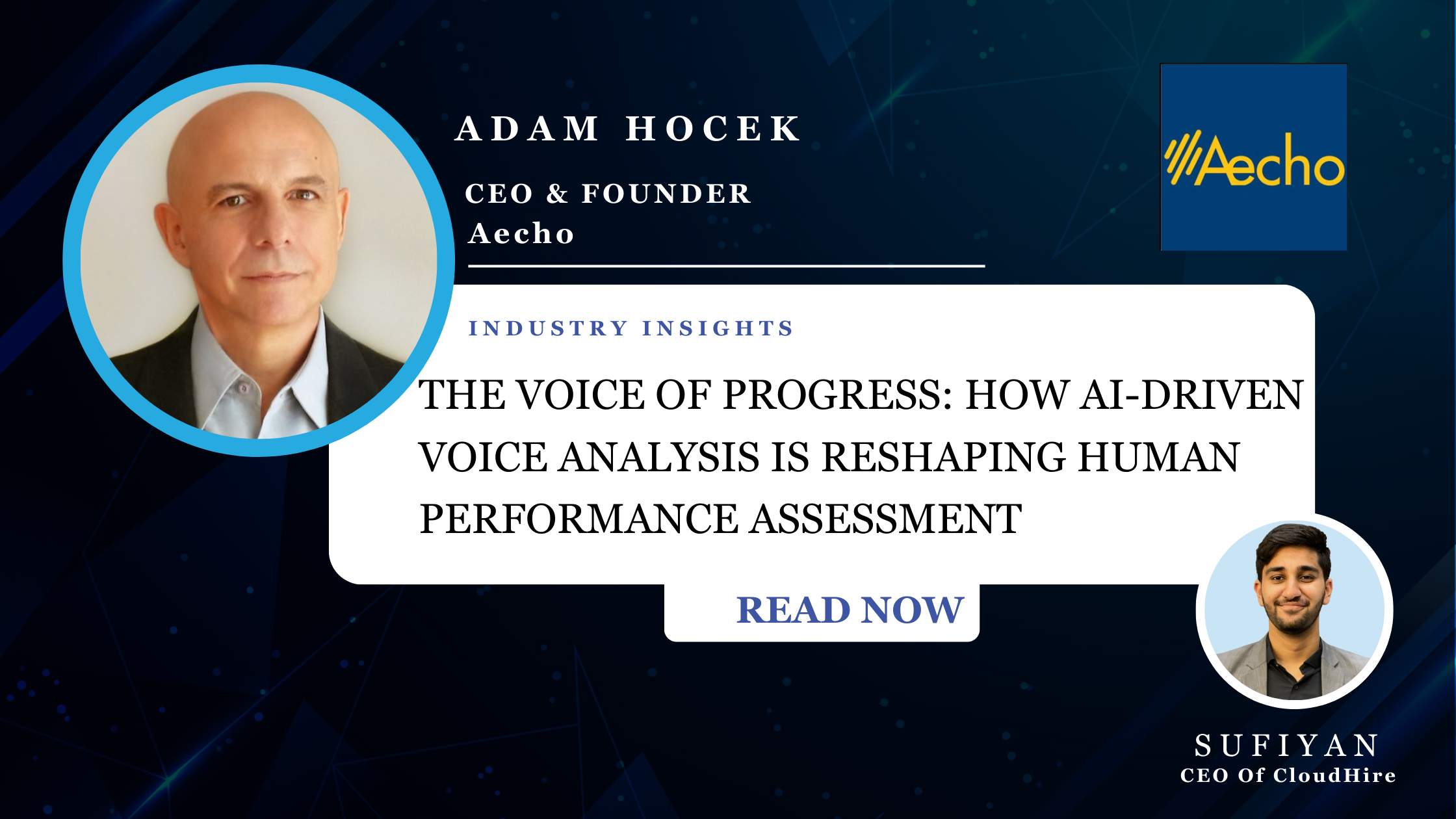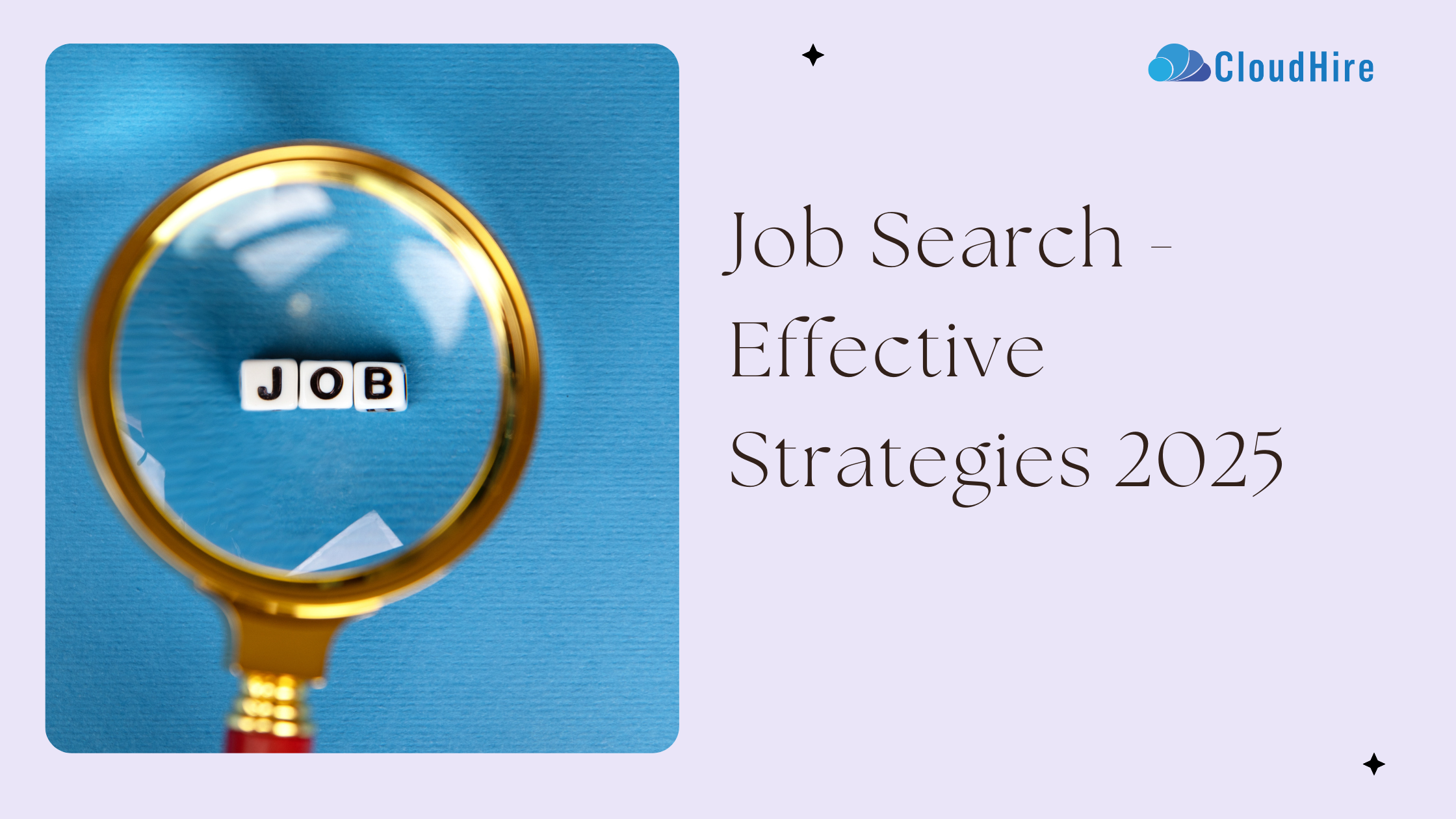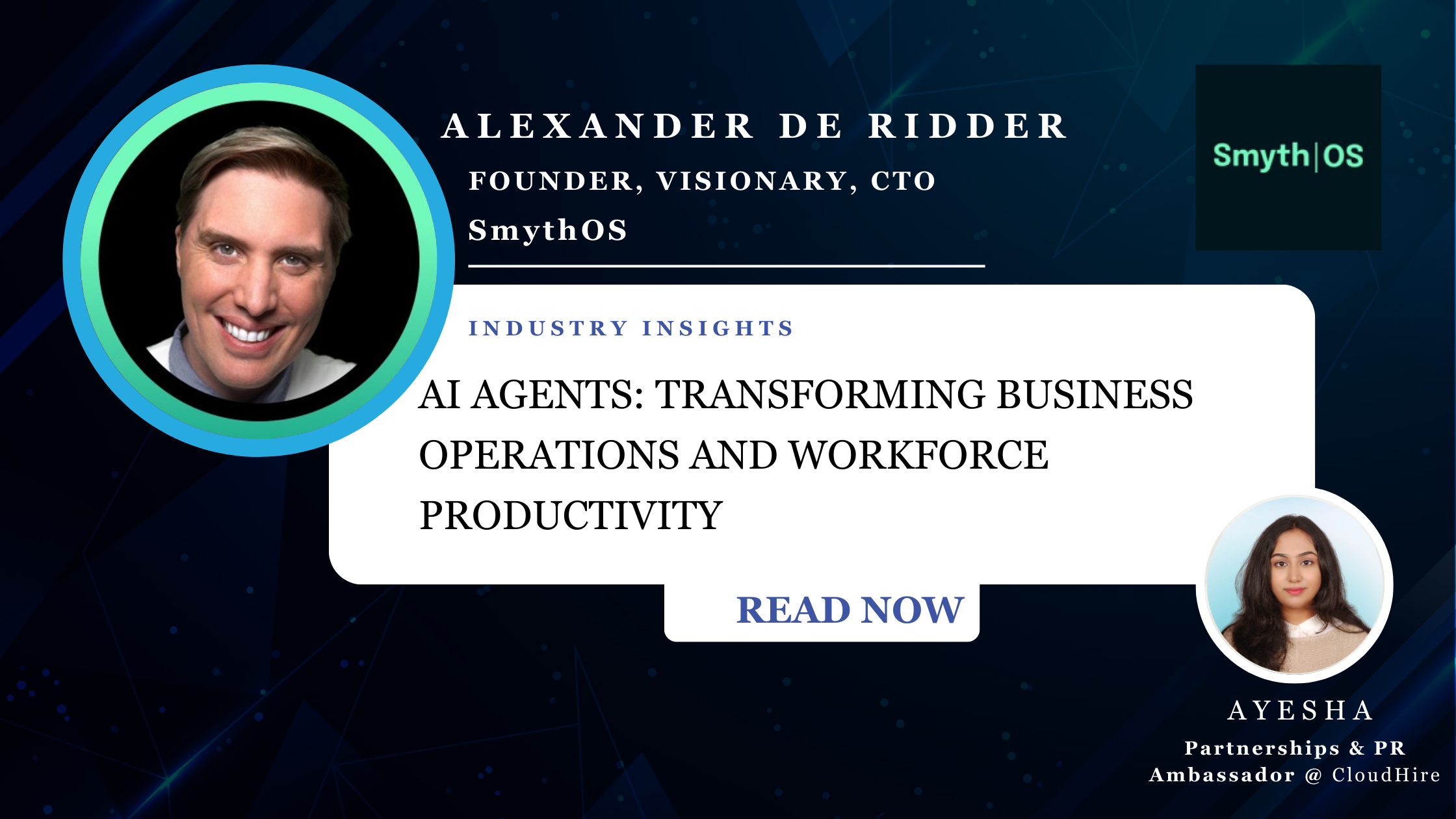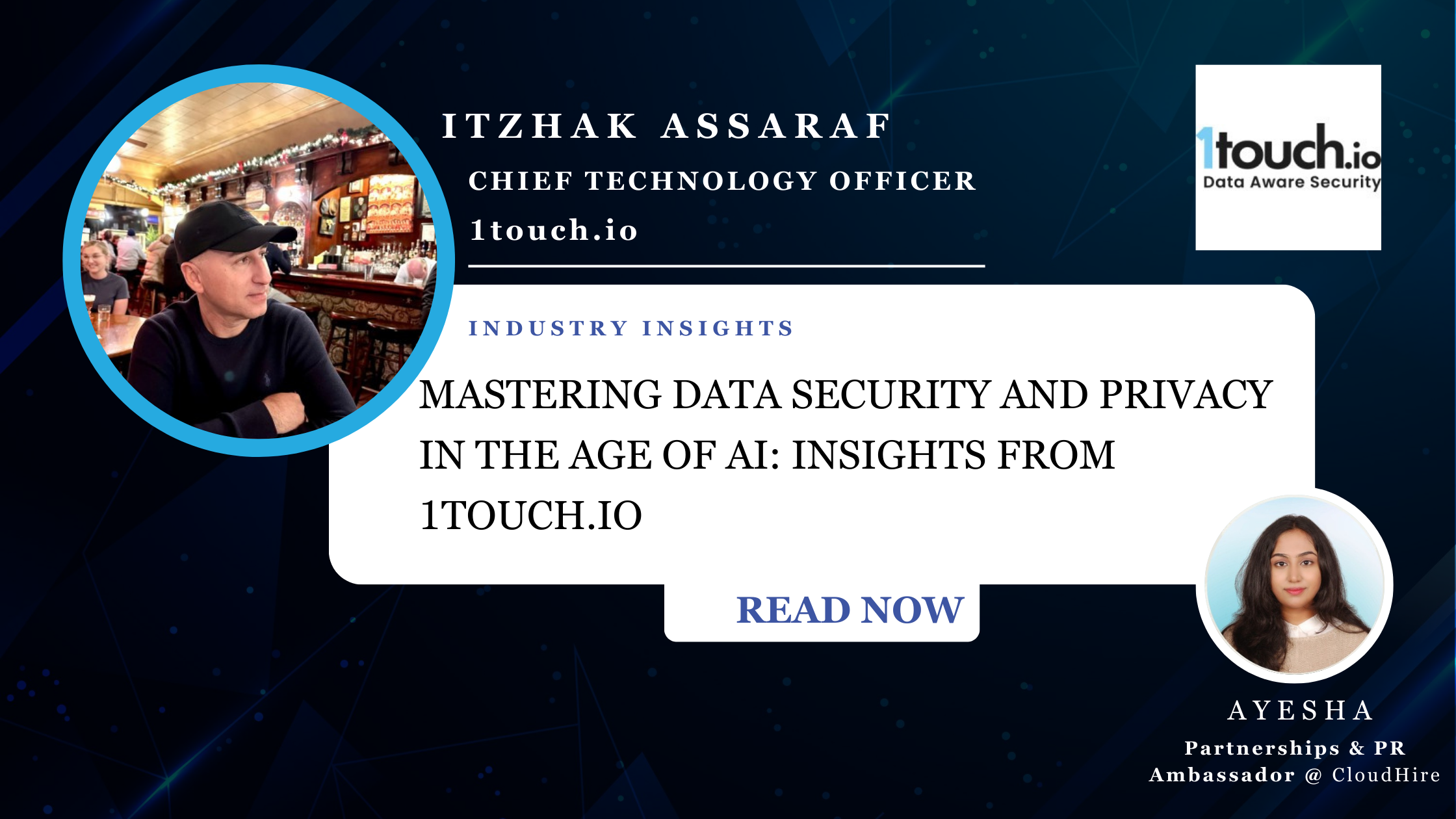Introduction
Understanding and optimizing human performance has become more crucial than ever. As organizations navigate the complexities of global markets, remote work, and diverse talent pools, traditional methods of assessing and developing human potential are being challenged. The need for more accurate, efficient, and unbiased evaluation techniques has never been more pressing.
Moreover, in an era where remote work is becoming increasingly prevalent, and companies are tapping into global talent pools through services like those offered by CloudHire, a leading provider of talent search, EOR, and remote staffing solutions, the challenges of accurately assessing candidates and employees have multiplied. How can organizations effectively evaluate and understand individuals they may never meet in person?
Artificial intelligence and machine learning are ushering in a new era of human performance assessment, offering tools that promise to be more objective, comprehensive, and efficient than traditional methods. Among these innovations, AI-driven voice analysis stands out as a particularly promising frontier.
Voice analysis technology leverages the power of AI to detect patterns, tones, and subtleties in human speech that can reveal a wealth of information about an individual’s personality, emotional state, cognitive processes, and even potential health issues. This approach offers several advantages:
- Objectivity: By focusing on measurable aspects of speech, AI-driven analysis can reduce the impact of human biases.
- Efficiency: These systems can often produce comprehensive assessments in a fraction of the time required by traditional methods.
- Depth of Insight: Advanced AI models can detect nuances and patterns that might escape even trained human observers.
- Scalability: Voice analysis can be easily deployed across large organizations and diverse geographical locations.
- Continuous Assessment: Unlike point-in-time evaluations, voice analysis can potentially offer ongoing insights into an individual’s state and performance.
As we stand on the brink of this technological revolution in human performance assessment, it’s crucial to understand both the potential and the challenges of these new tools. How can organizations effectively implement voice analysis technology? What are the ethical considerations? And how will this shift impact the future of recruitment, team building, and employee development?
In the following sections, we’ll explore these questions and more, starting with a look at one company that’s leading the charge in this innovative field.
Aecho: Pioneering AI-Driven Voice Analysis
At the forefront of this technological revolution is Aecho, a company that’s redefining how we understand and evaluate human performance through AI-driven voice analysis. Under the leadership of CEO and Founder Adam Hocek, Aecho has developed a groundbreaking system that promises to transform various aspects of human resource management, team building, and even healthcare diagnostics.
Aecho’s technology goes beyond traditional speech-to-text systems. Instead of focusing solely on the content of what’s being said, their AI models analyze the tones, patterns, and subtle characteristics of speech. This innovative approach allows for a depth of insight that was previously unattainable, offering a window into an individual’s psychological traits, emotional states, and potential health issues.
What sets Aecho’s system apart is its ability to identify over 100 different traits from just 30-90 seconds of audio. These traits range from personality characteristics like extroversion and agreeableness to more complex attributes like leadership potential and stress resilience. Remarkably, the system can generate results comparable to extensive written tests like Myers-Briggs, HEXACO, and DISC in a fraction of the time.
One of the most significant advantages of Aecho’s technology is its language-agnostic nature. By focusing on tonal patterns rather than linguistic content, the system can provide accurate assessments regardless of the speaker’s language or dialect. This feature makes it particularly valuable for global organizations and those working with diverse, multilingual teams.
Adam Hocek emphasizes that the goal of this technology is not to replace human judgment but to enhance it. By providing rapid, objective assessments, Aecho’s system allows HR professionals, managers, and healthcare providers to make more informed decisions and offer more targeted support to individuals.
As we delve deeper into the applications and implications of this technology in the following sections, it becomes clear that AI-driven voice analysis represents not just an incremental improvement in human performance assessment, but a paradigm shift that could reshape how we understand and nurture human potential in the workplace and beyond.
The Challenge: Understanding Human Complexity in a Digital Age
As businesses grow increasingly global and remote work becomes the norm, organizations face a significant challenge: how to accurately assess and understand human potential, personality, and performance without relying solely on traditional methods. This challenge is particularly acute for companies leveraging global talent pools, such as those working with remote staffing firms like CloudHire, which offers comprehensive services including talent search, employer of record (EOR), and remote staffing solutions.
Traditional psychometric tests and interviews, while valuable, have limitations. They can be time-consuming, subject to bias, and may not capture the full spectrum of an individual’s capabilities and traits. Moreover, as Adam Hocek points out, these methods can sometimes be “gamed” by candidates who understand what recruiters are looking for and adjust their responses accordingly.
The Solution: AI-Driven Voice Analysis
Aecho’s groundbreaking technology offers a solution to these challenges. By analyzing the human voice, their AI models can detect a wide range of psychological traits, emotional states, and even potential health issues. This technology is not just innovative; it’s transformative in its potential applications across various sectors.
How Can This Help:
- Tonal Analysis: Unlike traditional speech-to-text systems, this kind of technology focuses on the tones and patterns in speech, making it language-agnostic.
- Comprehensive Trait Detection: The system can identify over 100 traits, ranging from personality characteristics to emotional states.
- Rapid Assessment: In just 30-90 seconds of audio, this can generate results comparable to extensive written tests like Myers-Briggs, HEXACO, DISC, and others.
- Unbiased Evaluation: By focusing solely on voice patterns, the system eliminates visual biases that can influence human interviewers.
Applications and Benefits:
- Recruitment and Team Building:
- Rapid candidate assessment
- Identification of soft skills and personality traits crucial for specific roles
- Improved team composition by understanding individual strengths and potential synergies
- Employee Well-being and Performance:
- Early detection of stress, burnout, and other mental health concerns
- Tailored support and interventions based on individual needs
- Enhanced team dynamics through a better understanding of communication styles
- Leadership Development:
- Identification of leadership potential and styles
- Personalized coaching and development plans
- Succession planning based on comprehensive trait analysis
- Healthcare and Diagnostics:
- Early detection of neurological conditions like Parkinson’s and Alzheimer’s
- Monitoring of mental health conditions such as depression, anxiety, and PTSD
- Remote health screening for underserved populations
Overcoming Implementation Challenges:
While the potential of AI-driven voice analysis is immense, implementing such technology comes with its own set of challenges. Here’s how organizations can address these:
- Data Privacy and Ethical Concerns:
Challenge: Employees and candidates may be concerned about the collection and use of their voice data.
Solution: Implement strict data protection protocols, obtain clear consent, and be transparent about how the data is used and stored. Adam Hocek emphasizes the importance of using technology as an aid to human decision-making rather than as a replacement.
- Integration with Existing Systems:
Challenge: Incorporating new technology into established HR and management processes can be disruptive.
Solution: Start with pilot programs in specific departments or for particular roles. Gradually expand use as the organization becomes more comfortable with the technology and its benefits become apparent.
- Resistance to Change:
Challenge: Some managers and HR professionals may be skeptical of AI-driven assessments.
Solution: Provide comprehensive training on the technology’s capabilities and limitations. Encourage a hybrid approach that combines AI insights with human expertise.
- Cross-Cultural Considerations:
Challenge: Ensuring the technology is effective across diverse cultural and linguistic backgrounds.
Solution: Aecho’s language-agnostic approach is a significant advantage here. However, organizations should still conduct thorough testing across different cultural contexts and be prepared to make adjustments as needed.
- Avoiding Over-Reliance on Technology:
Challenge: The risk of reducing complex human beings to a set of data points.
Solution: Use the technology as one tool among many in the assessment and development process. Adam Hocek stresses the importance of human interpretation and decision-making in conjunction with AI insights.
- Continuous Validation and Improvement:
Challenge: Ensuring the accuracy and relevance of the AI models over time.
Solution: Compare AI-generated assessments with other performance metrics to identify any discrepancies. Collaborate with academic institutions and industry leaders to stay updated on the latest AI advancements and best practices. Share your experiences and insights with the HRIS provider to help them improve the technology.
- Regulatory Compliance:
Challenge: Navigating the evolving landscape of AI regulations and employment laws.
Solution: Stay informed about relevant regulations in all operating jurisdictions. Work closely with legal experts to ensure compliance and develop clear policies for the use of AI in HR processes.
The Future of Human Performance Management
As organizations like Aecho continue to innovate in the field of AI-driven human assessment, we can expect to see a shift towards more holistic, data-driven approaches to talent management and development. This technology has the potential to democratize access to high-quality psychometric assessments, making sophisticated personality and trait analysis available to organizations of all sizes.
For global companies and those leveraging remote talent through providers like CloudHire, this technology offers a powerful tool for building and managing diverse, high-performing teams across geographical and cultural boundaries. It enables a level of insight into team dynamics and individual potential that was previously unattainable at scale.
However, as Adam Hocek repeatedly emphasizes, the goal is not to replace human judgment but to enhance it. The most successful organizations will be those that find the right balance between AI-driven insights and human expertise.
Looking ahead, we can anticipate further developments in this field:
- Integration with Other Data Sources: Combining voice analysis with other forms of behavioral and performance data to create even more comprehensive individual and team profiles.
- Real-Time Feedback and Coaching: Using continuous voice analysis to provide ongoing feedback and personalized development suggestions to employees.
- Predictive Analytics: Leveraging historical data to predict team performance, identify potential conflicts, and suggest optimal team compositions for specific projects.
- Expansion into New Industries: While currently focused on HR and healthcare, this technology could find applications in fields like customer service, education, and even diplomacy.
Conclusion
The advent of AI-driven voice analysis represents a significant leap forward in our ability to understand and optimize human performance. As Adam Hocek and his team at Aecho continue to refine and expand their technology, organizations have an unprecedented opportunity to transform their approach to talent management, team building, and employee well-being.
For C-suite executives and decision-makers, particularly those managing global or remote teams, this technology offers a powerful tool for navigating the complexities of the modern workforce. Providing deep insights into individual traits, team dynamics, and potential health concerns, enables more informed decision-making and targeted interventions.
However, the successful implementation of this technology will require careful consideration of ethical implications, integration challenges, and the need for ongoing validation and improvement. Organizations that can effectively leverage these AI-driven insights while maintaining a human-centric approach to management and development will be well-positioned to build high-performing, engaged, and resilient teams in the years to come.
As we move forward into this new era of human performance management, the key will be to embrace the potential of AI while never losing sight of the complex, nuanced nature of human beings. In doing so, we can create workplaces that are not only more productive but also more understanding, supportive, and ultimately, more human.








